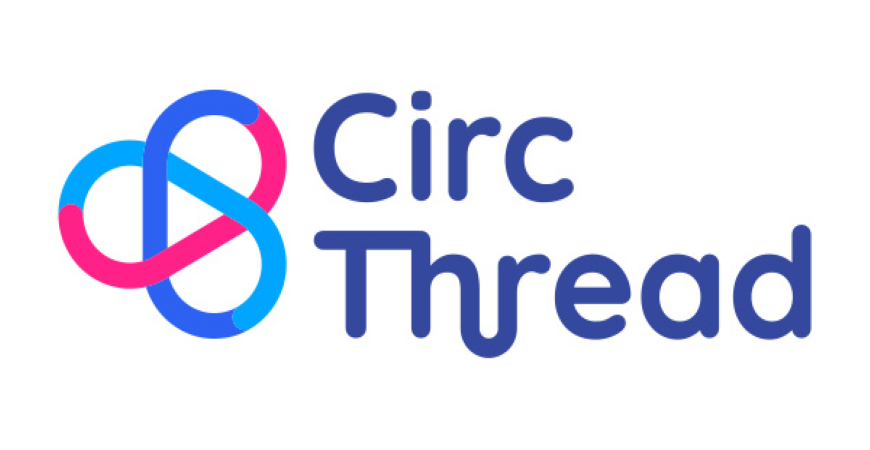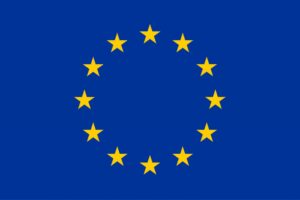This website uses cookies so that we can provide you with the best user experience possible. Cookie information is stored in your browser and performs functions such as recognising you when you return to our website and helping our team to understand which sections of the website you find most interesting and useful.
CircThread: bringing the circular consumer economy home

Creating green, circular consumer markets that are ‘Approved by Tomorrow’ means a complete rethink of business as usual. In a circular economy, relationships across the supply chain are transformed and reimagined to cut out waste and repurpose products and resources.
Circular systems rely on everyone working together to maximise the limited resources of our planet. While consumers support this and policies such as the EU’s Circular Economy Action Plan and Right to Repair rules are in place to push it forward, making it a practical reality is much more difficult.
Extending product lifetimes
At the moment, when consumers buy a new appliance like a washing machines or solar panels, they know it will need to be replaced within 10 years, and that repairs are difficult to arrange and sometimes cost more than buying a new one. Unfortunately, we also know that when products come to the end of their useful life, less than half are properly collected and recycled.
CircThread shows how a circular economy is possible
Showing a different way is possible is where projects like CircThread come in. Launched in June 2021, CircThread is a 31-strong diverse multi-stakeholder partnership made up of Euroconsumers organisations OCU and Altroconsumo, manufacturers, repairers, recyclers, universities, research institutions and innovative companies.
CircThread will demonstrate how to create appliances that last twenty years or more, that deliver affordable repair and longevity, and show what proper collection and recycling for all appliances looks like.
They do this through creating information systems where key details about the product, its components, how it was made and how it can be repaired or recycled flow along the life of a product, from concept to retirement, so that it can be easily
accessed and shared.
Open information to meet circular goals
This information will be accessible through a ‘broker’ marketplace software platform. Here individual products can be traced across their whole lifecycle through their own unique digital identity. Information about the economic, environmental, and social aspects of the product will be available in a public accessible catalogue.
This can be easily requested and exchanged through the platform, meaning that consumers, re-manufacturers and repairers can make informed decisions at all product lifecycle stages and help the shift to a circular economy.
Benefits for consumers will include:
- Being able to easily verify green claims by linking the product’s digital ID to the exact environmental and energy cost of making it.
- A more accessible and cheaper repair market. Open access to detailed information on how the original product was made will make it easier to identify and source the exact components needed and carry out the fix.
- Reassurance that an investment in an expensive appliance (like a solar panel system) will be worth it as it will be easy to repair and/or last a long time.
There are also obvious wider, collective benefits in reducing waste, maximising resource use and creating new markets for repair, replacement, and a European market for secondary raw materials which will help with resource independence.
Testing circular solutions for home appliances and energy systems
The project is launching use cases in three pilot countries (Spain, Italy and Slovenia) in the next years. The pilots will focus on home appliances and home energy and will test seven circularity flows to discover how to:
- Create a digital identity for appliances and link up all parties across the lifecycle
- Make it possible to link information from the manufacturer to the ‘Appliance Digital Identity’
- Allow repair companies to recover as many parts as possible from used appliances
- Empower collectors to decide what is best for used appliances: reuse, remanufacturing or recycling loops
- Make continuous improvement planning process for appliance lifespan extension
- Make it easier to know what chemicals and critical raw materials are in appliances for recycling purposes
- Empowering citizens to make better purchasing and maintenance decisions
The CircThread project will enable joint learning and specific activities with a wide range of stakeholders from Europe. The project website has more information on how to register as a stakeholder and be at the heart of making the circular consumer economy a reality.

This project has received funding from the European Union’s H2020 programme under Grant Agreement No. 958448.


